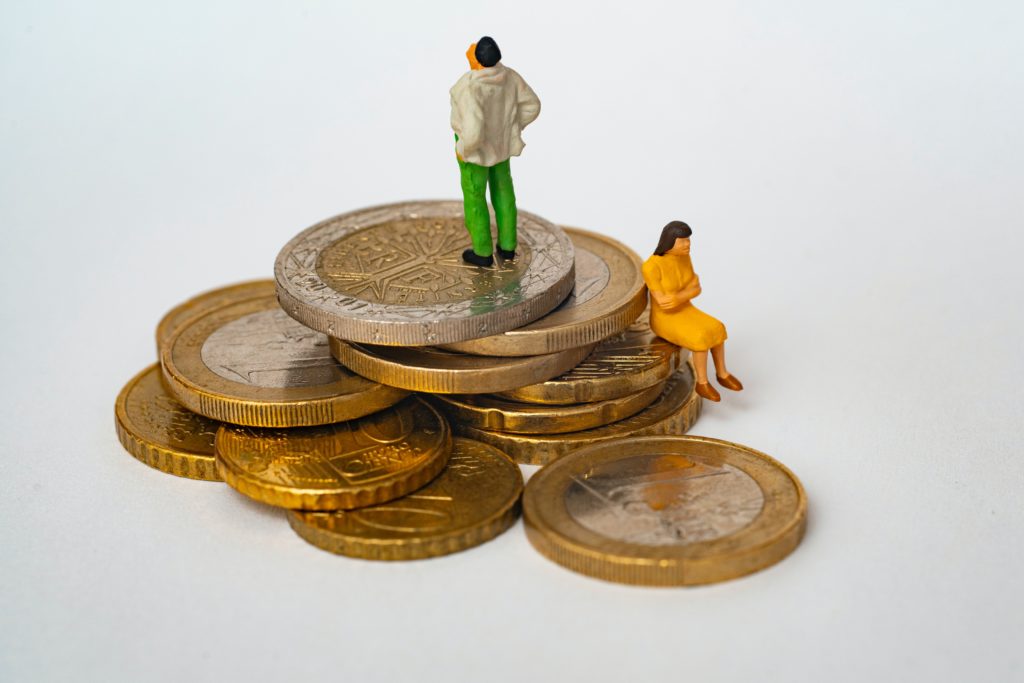Personal Finance is a big topic that we talk about on the channel, and we often mention on the channel: “save your money.” However, some people mistake this as saving every centavo, always choosing the cheapest deals, and never letting money out of their pocket. Contrary to popular belief, could saving money actually be the reason that is keeping you poor?
Don’t get me wrong, there is nothing wrong with wanting to save your hard-earned money. However, everything is good only when done in moderation. Being too cheap can actually cost you more.
Money, of course, is an asset, probably the most obvious and measurable one. What most people do not see, however, is that there are many other assets that are highly valuable like time, relationships, and health. Some people focus too much on saving money while sacrificing all of these other assets.
This must be very confusing – how can you tell whether saving money is doing you good or keeping you poor?
Differentiating Being Cheap vs Being Frugal
Being frugal and being cheap can seem very similar – both mean something along the lines of wanting to keep your money, but one can easily tell a frugal person from a cheap person!
A cheap person wants to spend as less as possible regardless of the consequence. This is the kind of person who will skip a birthday party to save money from not buying that person a present, the kind of person who would buy the cheapest car there is even if it means that some parts aren’t functioning well, or the kind of person who would buy shampoo sachets everyday instead of purchasing a shampoo bottle that would last him longer.
A frugal person, on the other hand, is conscious about his spending. However, he looks into the value and quality of the items instead of merely the price. This is the kind of person who would attend a birthday party with a present because he knows this could build close relationships, the kind of person who would rather spend a little bit more on high-quality items that will last years instead of a few months, or the kind of person who would buy a shampoo bottle and would prudently use the shampoo for it to last as long as possible.
There is a difference between penny-pinching and being smart with your money.
How Being Too Cheap Can Actually Cost You More
Cheap goods easily wear down. The cheapest items might seem tempting to buy because they might perform all the same functions high-end products do. However, like they say: “You get what you pay for.” Cheaper goods often wear and tear faster. For example, let’s say Pedro is finally constructing his own house. During construction, he realizes the costs are actually very expensive, so he chooses to get the cheapest materials for his new house. He chose the cheapest floors, ceilings, and doors. He was very happy to be saving money. However, after only a few months, the floors started having cracks, rainwater would fall from the ceiling, and the doors started getting creaky. So, he had to replace all of this with better quality materials that would last longer than his initial affordable – yet substandard – choices. Had Pedro spent a little bit more initially, he could have saved more money instead of having to buy all of the materials a second time.
Being cheap can lead to having indirect costs. Expenses are not always exactly what meets the eye. For example, Nang Teres is a 55-year old woman who has been feeling a lump on her breast. Her children tell her to get herself checked, but she refuses to go to the doctor because she does not want to pay the hospital bills. Many Filipinos have this attitude. Filipinos wait until what they are experiencing is absolutely intolerable before they visit the doctor. However, this attitude isn’t always financially smart. Not getting checked or treated early will only allow the disease to develop into something serious – and will probably incur even more costs. Nang Teres might save more money by getting a check-up, than by waiting for the time she has to have surgery or be admitted in the hospital. It is important to factor in the bigger picture instead of merely the price of the expenses that you are facing.
CONCLUSION
Thus, saving money might not actually mean spending less. It could mean looking at the value of the products you purchase, thinking long term, and being smart about where you put your money. Cheap people often allow their thrift to get in the way of their relationships and health. Remember that there are other assets in life you might want to take care of. Money does not only buy you tangible products. When used wisely, money can be a tool to help you build relationships or even take care of your health. Both might help you earn more money in the future. After all, what’s the use of keeping all your money if you are sick or if you have unhappy relationships with other people?
Thus, it is important to be conscious about your spending, setting your financial goals and working towards it without sacrificing other important things in your life.
So, are you actually being smart about your money? Or are you just being cheap?



